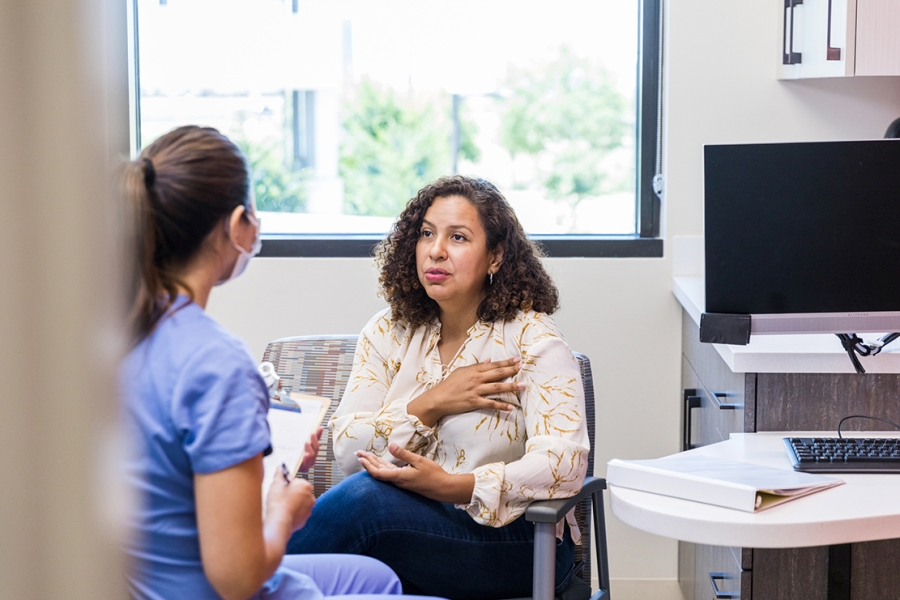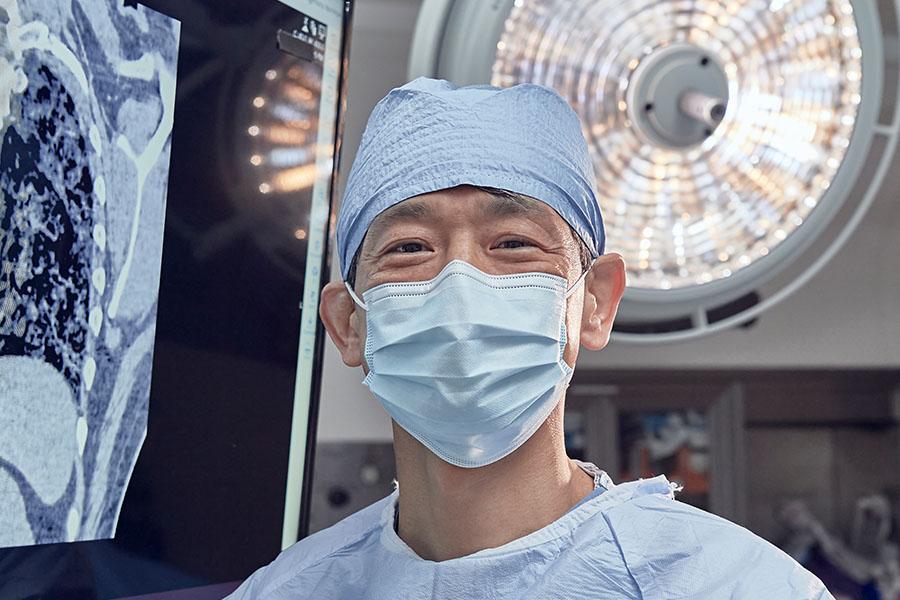What Is COVID-19?
COVID-19 is a new disease that was not seen in humans before 2019. It’s an infectious disease that causes mild to severe respiratory illness. People who are exposed to the virus can develop infection in the sinuses, nose, throat and lungs. In some cases, these infections can lead to severe illness, hospitalization and death.
What Causes COVID-19?
COVID-19 is a type of coronavirus caused by SARS-CoV-2 (sarz-co-vee-too), or severe acute respiratory syndrome coronavirus 2. Coronaviruses belong to a family of viruses that can cause respiratory infections such as the common cold, middle east respiratory syndrome (MERS) and sudden acute respiratory syndrome (SARS).
The virus spreads through droplets that pass from one person to another when an infected person coughs, sneezes or talks within about 6 feet of you. Although anyone at any age can get COVID-19, people who are older than 65 or who have chronic health conditions may be more at risk, and may develop more serious illness. These chronic conditions include:
- Asthma
- Cancer
- Chronic kidney disease
- COPD
- Cystic fibrosis
- Diabetes
- Heart failure
- High blood pressure
- HIV
- Obesity
- Pulmonary fibrosis
- Pulmonary hypertension
- Smoking history
- Stroke
- Vascular disease
New Coronavirus Strains
Changes called mutations take place in the DNA of viruses such as SARS-CoV-2. Although this is a normal process, these changes can lead to many different variants or strains of the virus. Some variants are more harmful than others and can lead to faster spread of COVID-19 or more severe illness. Research about COVID-19 and its strains is ongoing.
When COVID-19 Symptoms Appear
If you get COVID-19, it’s important to keep track of your symptoms. While many people can recover at home with instructions from their doctor, symptoms can worsen quickly.
Call 911 or go to your local emergency room if you or someone you care for develop any of the following symptoms:
- Confusion
- Extreme tiredness, with difficulty staying awake
- High fever
- Pain or pressure in your chest that does not go away
- Pale, blue or gray tone to fingernails, lips or skin
- Severe cough
- Trouble breathing
If you have mild symptoms of COVID-19, call your primary care doctor.

